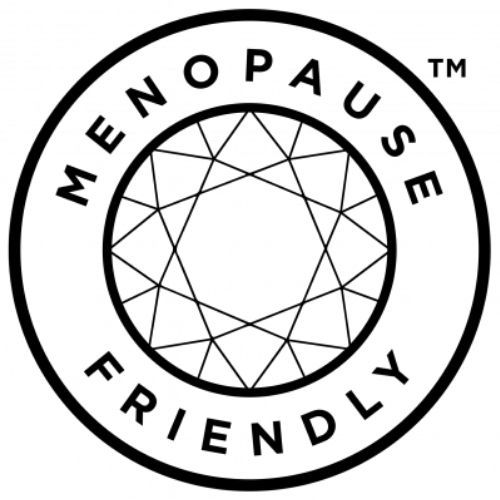The lack of workplace support for women going through the menopause is particularly shocking, given that they are the fastest growing demographic in the workforce. The data shows one in three working women will soon be turning 51 – which is the average age that menopause starts. So why aren’t organisations doing more to address this issue?
Despite the symptoms of the menopause affecting the lives of so many, it’s a topic few women feel comfortable or confident discussing in the workplace. However, there is compelling evidence that we must all do more to create a culture where women feel they can discuss the menopause and access support.
The physical and psychological symptoms can have such an impact wellbeing that, alarmingly, one in four women have considered leaving their jobs because of it.
How does menopause impact work life?
All women experience menopause differently and symptoms can range widely. Symptoms can be both physical and psychological and may include increased tiredness, poor concentration and memory loss, hot flushes and decreased confidence.
Menopausal women may, have difficulty sleeping at night, feel increasingly anxious, struggle to remember things and experience painful urinary and vaginal symptoms that impact everyday life. All of these symptoms can negatively impact people’s mental health.
Despite the impact that these symptoms can have on mental health and wellbeing, the Faculty of Occupational Medicine say almost half of women do not seek medical advice. It also found that most women do not feel comfortable talking about menopause with their line managers.
How can HR help?
The menopause can be overlooked by HR teams because there isn’t a clear process on how to deal with an employee experiencing menopause-related symptoms. Unlike pregnancy where there are clear guidelines on how an employer must treat and manage pregnant women, it can be more complicated as every woman experiences the menopause differently.
Just as it’s important that people experiencing the menopause feel comfortable discussing its impact on their work, it’s important line managers feel empowered to support someone struggling by sensitively suggesting workplace adjustments.
You can access free resources on menopause in the workplace online. The Faculty of Occupational Medicine has guidance on menopause in the workplace. It is important that HR and mangers understand menopause better, so they can help dismantle stigma and are empowered to have conversations with employees who are struggling with the physical and mental impacts of menopause.
Start the conversation
Supporting women as they navigate the menopause is important for wellbeing and also for business. As a starting point, employers must nurture inclusive workplaces. Organisations need to create environments where people can be their whole self, and build cultures where people feel valued and safe – a culture where women feel confident and supported to discuss the menopause.
My Whole Self is a campaign from Mental Health First Aid (MHFA) England that aims to create a healthier workplace culture by strengthening human connections. Workplaces play a key role in creating a society where everyones mental health matters. MHFA England offers free resources to help organisations support employees to feel they have the safety and freedom to choose which parts of their identity they share at work, without fear of judgement.
A mentally healthy workplace will help to enable conversations about how the menopause can affect a woman’s physical and mental health. It is easier to start a conversation with an employee if you schedule regular one-to-one contact with them, where their wellbeing is discussed and prioritised.
HR departments should consider who the best people across the business are to facilitate these conversations. This may be a mental health first aider, an occupational health therapist, or a line manager depending on the organisation’s structure. Organisations such as Menopause in the Workplace can help with training for employees and managers, as well as HR and occupational health teams. Employees should feel confident that their concerns will be taken seriously and dealt with confidentially and in a timely manner.
Adapt the working environment
HR can also adapt the working environment so that people experiencing common menopausal symptoms, such as hot flushes, feel more comfortable. This can be as simple as providing mini fans to all employees, putting desks near windows that open, and offering flexible working arrangements.
In addition to this, HR should be aware that women’s symptoms can vary and change, so it’s important to have frequent conversations and check-ins with individuals about how to best manage their wellbeing.
Ultimately, employers need to create workplaces where people don’t have to leave parts of their identity behind – be that their health, sexuality, or cultural or ethnic background.
A healthy workplace culture will open up safe spaces for conversations, so that people who are living with menopausal symptoms feel empowered to speak to managers, HR professionals, or occupational health teams about their needs and requirements.
Ensuring that everyone in your organisation is educated about menopause and the impact it can have on the lives of women, will enable people to receive the help and support they need.
Adah Parris is the chair of Mental Health First Aid (MHFA) England
In celebration of International Women's Day this year across the week HR magazine will be providing expert perspectives on gender equality and the expectations of women in the workplace.
Subscribe to our newsletter to be the first to be the first to receive the latest updates and advice.










